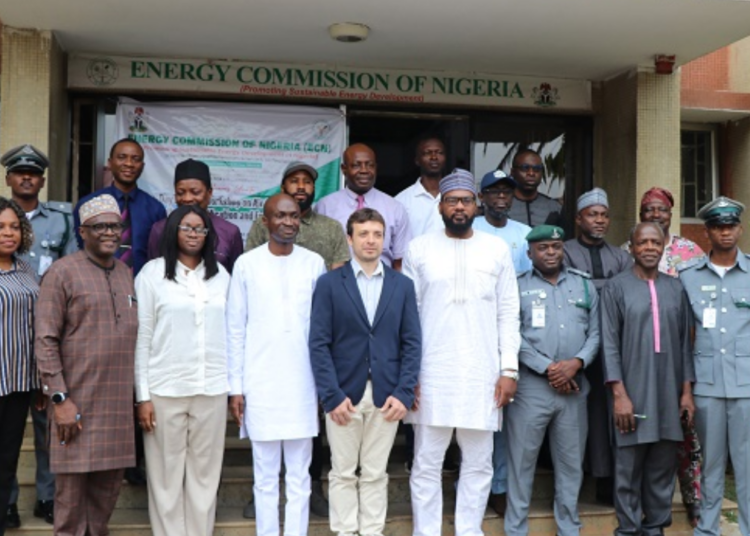Energy Commission of Nigeria (ECN), in collaboration with the United Nations Environment Programme (UNEP) and various partners, has initiated a training programme to equip stakeholders with the necessary skills for enforcing energy performance standards for air conditioners in Nigeria.
The one-day training workshop on air conditioners monitoring, verification and enforcement (MVE) which commenced on yesterday in Abuja is an integral part of the broader project, “Scaling-Up Energy-Efficient and Climate-friendly Cooling in Nigeria.”
In his opening address, the ECN director-general, Dr. Mustapha Abdullahi said the primary objective of the project is to expedite the transition to energy-efficient air conditioners (ACs) with climate-friendly (low-GWP refrigerant) in residential, commercial and public buildings.
The initiative, he said aligns with Nigeria’s climate targets in the Nationally Determined Contributions (NDCs) and aims to do so in a cost-effective and sustainable manner.
About the Project
Abdullahi said one of the key project activities is providing training on monitoring, verification, and enforcement (MVE) to support the implementation of upcoming minimum energy performance standards (MEPS).
The DG stated that the training is specifically designed for relevant enforcement and regulatory agencies of the government and vendors of such products.
“The main objectives of this training workshop are: to build the capacity of relevant government institutions to effectively enforce energy performance standards of air conditioning equipment; to enhance their ability to carry out surveillance activities in the air conditioner sector to monitor compliance with these standards; to harness feedback from stakeholders and solicit their buy-in regarding the new energy performance standards proposed for air conditioner standards,” he said.
Abdullahi underscored the importance of the project in contributing to one of the NDC’s targets, aiming for a 2.5 per cent per year reduction in energy intensity through energy efficiency best practices across all sectors of the nation’s economy.
He recalled that the Air Conditioner Minimum Energy Performance Standards (MEPS) were first approved in Nigeria in 2017 but were scarcely enforced due to various reasons, including the lack of equipment for verification testing by the Standards Organisation of Nigeria (SON).
He urged all participants to view the training as an opportunity to contribute to the implementation of the revised NDC for a better environment.
The targeted participants include agencies such as the Standards Organisation of Nigeria (SON), National Environmental Standards and Regulatory Enforcement Agency, Nigeria Customs Service, National Ozone Office, Federal Ministry of Environment, Energy Commission of Nigeria and the NESP Team.
The Scaling Up Energy Efficient and Climate Friendly Cooling in Nigeria’s NDC Revision Project is an initiative which aims to revolutionise Nigeria’s cooling landscape by accelerating the adoption of energy-efficient practices and fostering a more environmentally conscious approach to cooling solutions.





